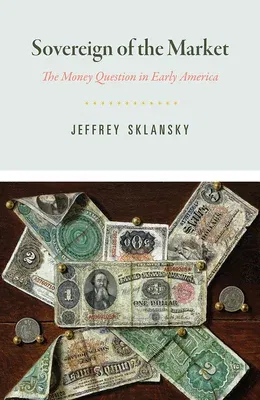Jeffrey Sklansky
(Author)Sovereign of the Market: The Money Question in Early AmericaHardcover, 3 November 2017

Qty
1
Turbo
Ships in 2 - 3 days
In Stock
Free Delivery
Cash on Delivery
15 Days
Free Returns
Secure Checkout

Part of Series
American Beginnings, 1500-1900
Print Length
336 pages
Language
English
Publisher
University of Chicago Press
Date Published
3 Nov 2017
ISBN-10
022648033X
ISBN-13
9780226480336
Description
Product Details
Author:
Book Format:
Hardcover
Country of Origin:
US
Date Published:
3 November 2017
Dimensions:
23.11 x
15.75 x
3.05 cm
ISBN-10:
022648033X
ISBN-13:
9780226480336
Language:
English
Pages:
336
Publisher:
Weight:
566.99 gm